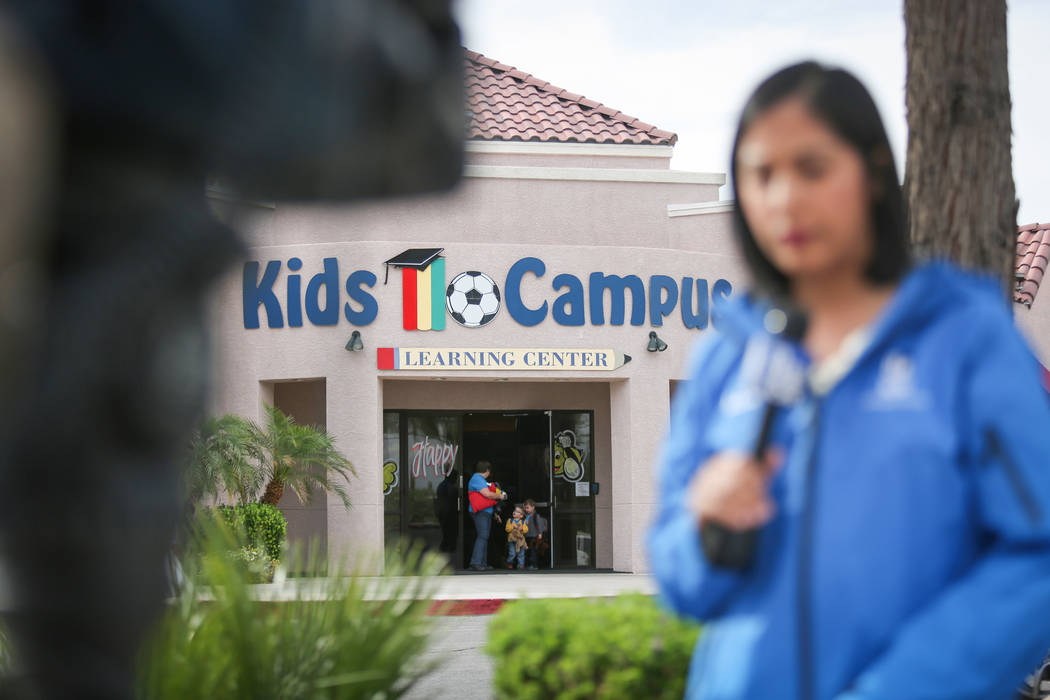Early childcare linked to long-term behavioral problems
If you want to increase your son’s chances of going to prison, enroll him in day care as soon as possible.
That’s just one of the startling findings from a new study of government-financed early child care.
In 1997, Quebec instituted universal child care. Proponents claimed they did it for the children. The government increased requirements for child care providers and raised their average pay by almost 40 percent. It was a total triumph of the liberal agenda in every area but one — the results.
In 2008, three Canadian economists looked at how some of the first participants in Quebec’s universal child care program fared. They found that those children had worse outcomes in a variety of areas, including “hyperactivity, inattention, aggressiveness, motor/social skills, child health status and illness.”
They also found “some evidence of deterioration in parental health and a reduction in parental relationship quality.”
What was unclear — until now — is whether those negative effects would last or fade as the children grew up. In September, those economists released a new study. It found that those “with increased child care access had worse health, lower life satisfaction and higher crime rates” as teenagers, especially boys.
These researchers didn’t even find lasting academic benefits, which is the usual justification for things such as expanding pre-K. That’s not surprising. A U.S. government study of Head Start found no lasting and significant academic improvements. Smaller state studies have shown some evidence that pre-K targeted to at-risk children can produce some lasting academic gains.
The new Quebec study is one of many linking early care outside the home and behavioral problems. A study of Tennessee’s Voluntary Pre-K Program found that the “control group scored better than the pre-K group” on social and emotional skills. That’s according to Russ Whitehurst with the liberal Brookings Institute.
The National Institute of Child Health and Human Development conducted a thorough study on U.S. day care in 2003. It found that the more time a child spent in nonmaternal care, “the more externalizing problems and conflict with adults they manifested at 54 months of age and in kindergarten.”
Those problems existed even adjusted for quality of child care. Once again, those effects lasted into the teenage years.
“By age 15, extensive hours before age four-and-a-half in any type of ‘nonrelative’ care predicted problem behaviors, including risk-taking behaviors such as alcohol, tobacco and drug use, stealing or harming property,” Jenet Erickson wrote for the Institute for Family Studies.
In Nevada, groups such as legislative Democrats and the United Way of Southern Nevada tout the need for expanded pre-K. They say children must come to school “ready to learn.” The implication is that government needs to take over for failing parents.
It’s just the opposite. Academic studies have finally caught up to what parents, especially mothers, know intuitively. The best place for the vast majority of young children is with a parent — or at least a relative.
If you want your children to be ready to learn, keep them away from early childhood care, including programs such as pre-K.
Contact Victor Joecks at vjoecks@reviewjournal.com or 702-383-4698. Follow @victorjoecks on Twitter.





























